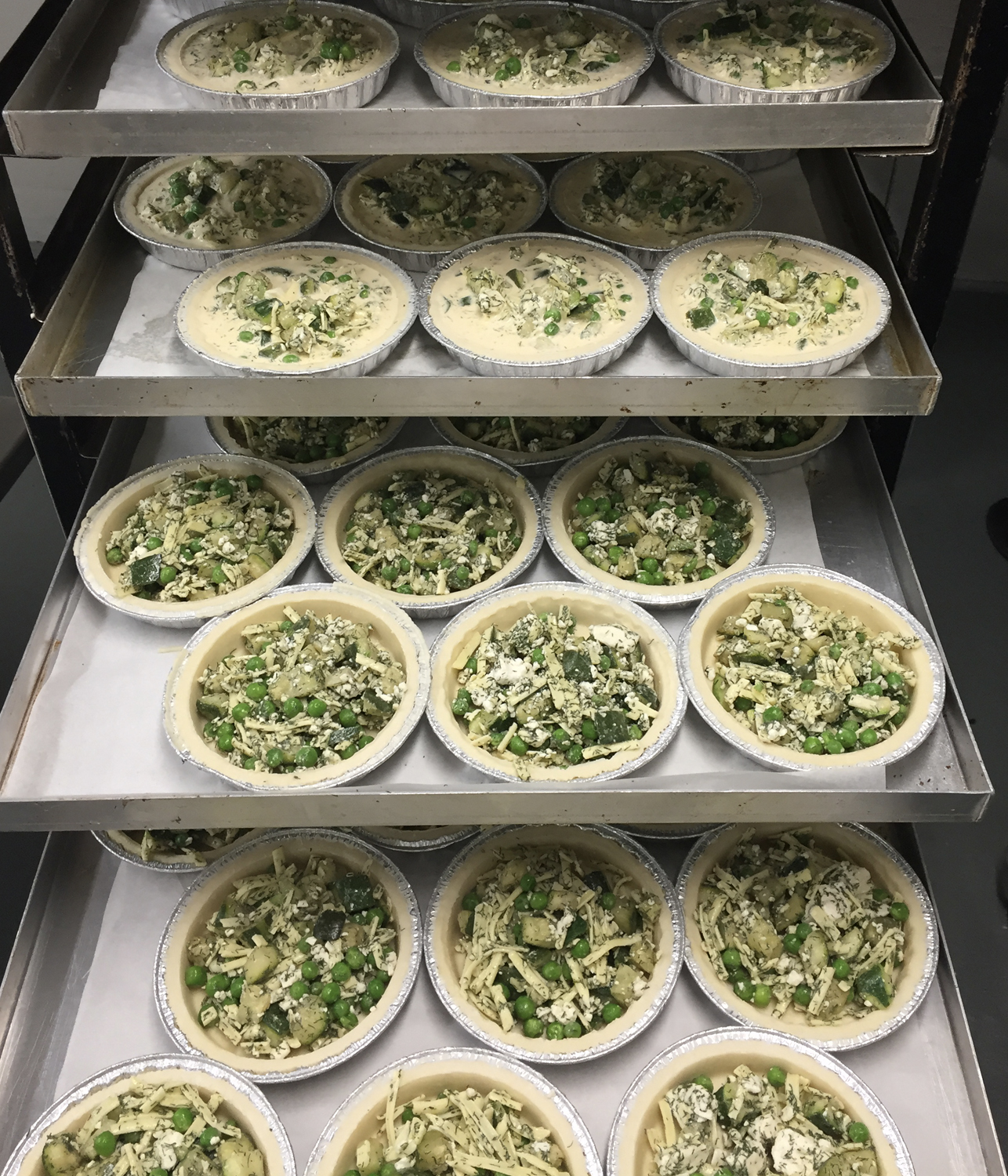Introduction
Private label specialty foods have gained enormous popularity in recent times. With customers seeking distinct and customized food choices, private label food products have ended up being a go-to choice for many. In this short article, we will certainly explore the intricate process of private label food production, exploring the steps involved and the key players in the industry.
The Rise of Private Label Food Manufacturers in Australia
Australia has observed a considerable rise secretive label food makers. With customers coming to be a lot more conscious about their dietary choices and requiring high-quality items, private label food production has actually emerged as a financially rewarding company possibility. These manufacturers satisfy numerous segments, consisting of private label foods personal tag cheese, junk food makers, and more.
Understanding Private Label Food Manufacturing
Private label food production involves producing and generating food products for stores or services who then market these items under their very own brand. This process enables stores to offer distinct offerings to their customers without investing heavily in research and development or production infrastructure.
Key Steps Associated with Private Label Food Manufacturing
Step 1: Product Development and Customization
Private label food makers work carefully with stores to comprehend their demands and establish customized products. This step includes conceptualizing sessions, market research, and dish formulation. Personal tag specialized foods are designed to accommodate particular consumer choices and nutritional needs.

Step 2: Sourcing Ingredients
Once the product requirements are finalized, private label food makers source premium components from relied on vendors. They ensure that all components satisfy rigid top quality criteria and adhere to guidelines established by relevant authorities.
Step 3: Production and Packaging
After obtaining the ingredients, private label food production starts. The manufacturing centers use advanced devices and adhere to stringent health protocols to create risk-free and delicious food products. Packaging is additionally an essential part of this step, guaranteeing that the product stays fresh while appealing to consumers.
Step 4: Quality Control and Testing
Private tag food manufacturers perform rigorous quality control checks at every phase of the manufacturing procedure. This consists of examining the ingredients, monitoring assembly line, and carrying out sensory assessments. These procedures guarantee that the end product meets the best standards.
Step 5: Classifying and Compliance
Once the products are produced and quality checked, private label food producers handle labeling and conformity. They guarantee that all information on the item tags is precise and abide by regulative standards. This action is essential to provide consumers with transparent information about the product's components and dietary values.
Advantages of Private Label Food Manufacturing
Private tag food production uses several advantages for both retailers and consumers. Let's explore some of these advantages:
Customization: Sellers have the liberty to develop special products tailored to their target audience, allowing them to separate themselves from competitors.
Cost-effectiveness: Private label food suppliers use cost-effective solutions by removing the requirement for stores to invest in study, advancement, and manufacturing infrastructure.

Control over branding: Sellers can develop their brand image by advertising personal tag foods under their very own name. This enables them to develop depend on and loyalty among consumers.
Flexibility: Private label food manufacturing provides sellers with versatility in regards to product offerings. They can conveniently adjust to altering consumer trends and preferences.
Higher earnings margins: With minimized manufacturing costs, sellers can appreciate greater profit margins on private label food compared to branded alternatives.
Quality assurance: Private label food producers prioritize quality control procedures, ensuring that merchants obtain consistent and high-grade items for their customers.
FAQs regarding Private Label Food Manufacturing
Q1: What is the role of private label food manufacturers?
A1: Private label food suppliers play a crucial duty in producing customized food for stores or services who market them under their own brand name name.
Q2: Exactly how does private label food production advantage retailers?
A2: Private label food manufacturing permits stores to offer distinct products, develop their brand name image, and delight in higher revenue margins compared to branded alternatives.
Q3: Can private label food makers deal with certain nutritional preferences?
A3: Yes, private label food suppliers can establish products customized to specific nutritional demands and preferences, consisting of gluten-free, vegan, or organic options.
Q4: Exist any kind of regulations governing private label food manufacturing?
A4: Yes, private label food suppliers must adhere to laws set by pertinent authorities regarding active ingredient sourcing, labeling, and quality control.
Q5: Can private label food producers deal with large-scale production?
A5: Yes, private label food manufacturers have the abilities to handle both small-scale and massive manufacturing based on the retailer's requirements.
Q6: Just how can stores guarantee the top quality of private label food products?
A6: Merchants must collaborate with respectable private label food producers that focus on rigorous quality control actions and have a record of supplying remarkable products.
Conclusion
Private label food production offers a globe of possibilities for merchants looking to provide distinct and individualized offerings to their customers. With a structured process including item development, active ingredient sourcing, production, product packaging, and quality assurance, personal label specialty foods have actually gotten tremendous popularity. By partnering with trusted private label food producers in Australia or any type of other area, merchants can establish their brand name identification while enjoying cost-effectiveness and adaptability in their product offerings. So why wait? Dive into the interesting globe of private label foods today!